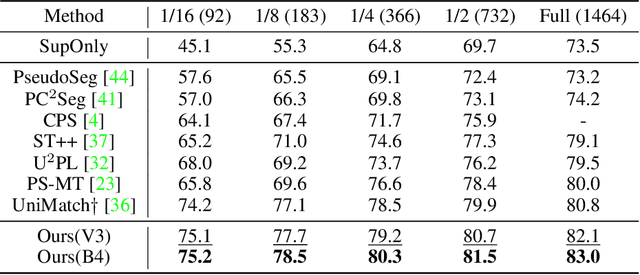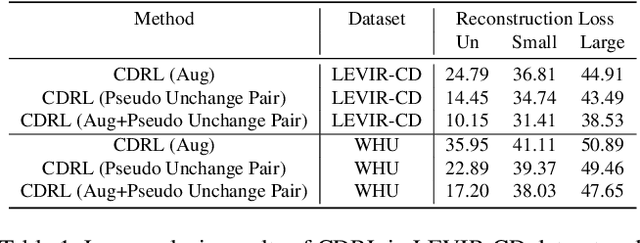Jingi Ju
1st Place Solution to MultiEarth 2023 Challenge on Multimodal SAR-to-EO Image Translation
Jun 22, 2023


Abstract:The Multimodal Learning for Earth and Environment Workshop (MultiEarth 2023) aims to harness the substantial amount of remote sensing data gathered over extensive periods for the monitoring and analysis of Earth's ecosystems'health. The subtask, Multimodal SAR-to-EO Image Translation, involves the use of robust SAR data, even under adverse weather and lighting conditions, transforming it into high-quality, clear, and visually appealing EO data. In the context of the SAR2EO task, the presence of clouds or obstructions in EO data can potentially pose a challenge. To address this issue, we propose the Clean Collector Algorithm (CCA), designed to take full advantage of this cloudless SAR data and eliminate factors that may hinder the data learning process. Subsequently, we applied pix2pixHD for the SAR-to-EO translation and Restormer for image enhancement. In the final evaluation, the team 'CDRL' achieved an MAE of 0.07313, securing the top rank on the leaderboard.
CAFS: Class Adaptive Framework for Semi-Supervised Semantic Segmentation
Mar 21, 2023



Abstract:Semi-supervised semantic segmentation learns a model for classifying pixels into specific classes using a few labeled samples and numerous unlabeled images. The recent leading approach is consistency regularization by selftraining with pseudo-labeling pixels having high confidences for unlabeled images. However, using only highconfidence pixels for self-training may result in losing much of the information in the unlabeled datasets due to poor confidence calibration of modern deep learning networks. In this paper, we propose a class-adaptive semisupervision framework for semi-supervised semantic segmentation (CAFS) to cope with the loss of most information that occurs in existing high-confidence-based pseudolabeling methods. Unlike existing semi-supervised semantic segmentation frameworks, CAFS constructs a validation set on a labeled dataset, to leverage the calibration performance for each class. On this basis, we propose a calibration aware class-wise adaptive thresholding and classwise adaptive oversampling using the analysis results from the validation set. Our proposed CAFS achieves state-ofthe-art performance on the full data partition of the base PASCAL VOC 2012 dataset and on the 1/4 data partition of the Cityscapes dataset with significant margins of 83.0% and 80.4%, respectively. The code is available at https://github.com/cjf8899/CAFS.
Unsupervised Change Detection Based on Image Reconstruction Loss
Apr 05, 2022



Abstract:To train the change detector, bi-temporal images taken at different times in the same area are used. However, collecting labeled bi-temporal images is expensive and time consuming. To solve this problem, various unsupervised change detection methods have been proposed, but they still require unlabeled bi-temporal images. In this paper, we propose unsupervised change detection based on image reconstruction loss using only unlabeled single temporal single image. The image reconstruction model is trained to reconstruct the original source image by receiving the source image and the photometrically transformed source image as a pair. During inference, the model receives bi-temporal images as the input, and tries to reconstruct one of the inputs. The changed region between bi-temporal images shows high reconstruction loss. Our change detector showed significant performance in various change detection benchmark datasets even though only a single temporal single source image was used. The code and trained models will be publicly available for reproducibility.
 Add to Chrome
Add to Chrome Add to Firefox
Add to Firefox Add to Edge
Add to Edge